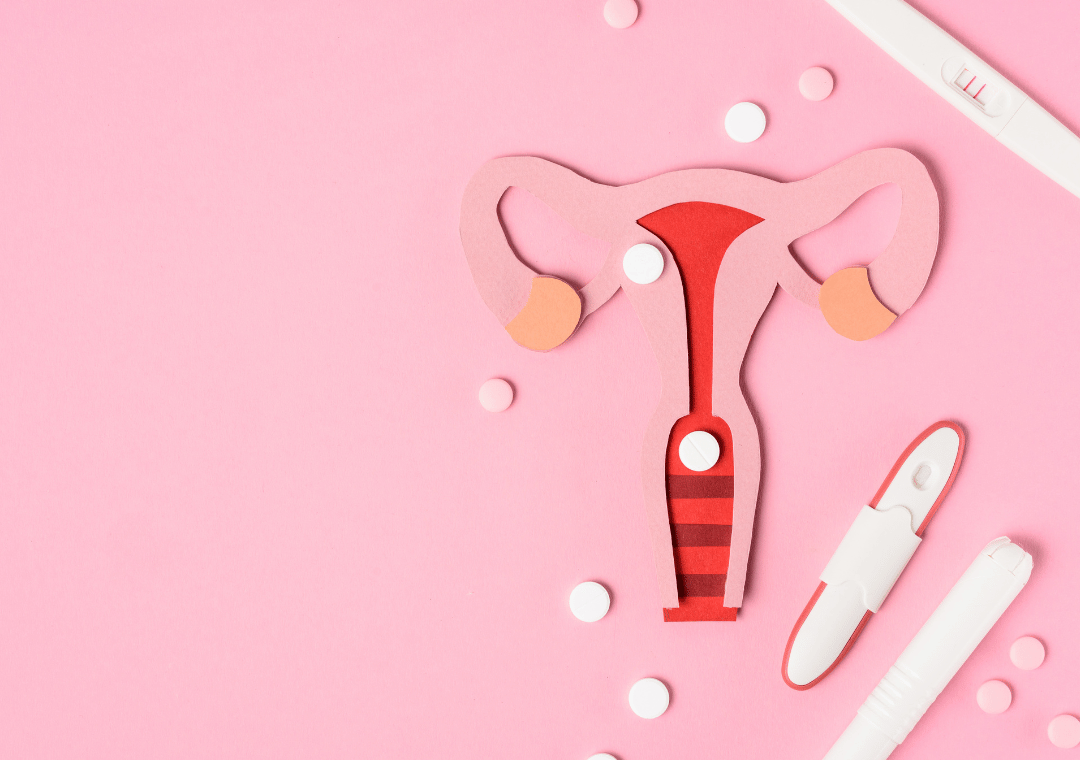What is it?
According to the International Asherman's Association, Asherman's Syndrome, also known as intrauterine adhesions or synechiae, is characterized by the formation of scar tissue in the uterus and/or cervix. These adhesions are rarely vascular, and each case can range from mild to severe depending on the amount of scar tissue. Sometimes adhesions only appear on a small segment of the uterus, while in other cases the front and back walls of the uterus stick to each other (1).
What causes Asherman's Syndrome?
Surgical Causes:
-Dilation and Curettage (D&C) is the most common cause of Asherman's Syndrome (1). Dilation is the widening of the cervix and curettage is when a doctor scrapes the walls of the uterus (2).
-A C-section or the removal of polyps and fibroids can occasionally be a cause
Natural Causes:
-Genital tuberculosis (3) and schistosomiasis (4) can result in Asherman's Syndrome, but this is not very common in the United States
Other:
-Physical trauma to the uterus or cervix as the result of an accident
How do I know if I have it?
While some women with Asherman's Syndrome have regular periods, most have minimal or absent periods. On occasion, they may experience pain during the time they would normally have their period. Pain can occur if a woman is menstruating, but the blood is unable to leave the uterus because scar tissue is blocking the cervix. Repeated miscarriage or infertility can also be symptoms of Asherman's Syndrome.
What are my treatment options?
Surgical:
A hysteroscopy is necessary to remove the scar tissue (5). This involves a thin, lighted telescope-like instrument inserted into the uterus (6). Some surgeons prescribe estrogen supplements to stimulate uterine healing after the procedure, along with a balloon or splint to keep the walls from touching (1).
Natural:
After surgery, doctors may prescribe antibiotics, as well as an estrogen or progesterone treatment. Supplements by BINTO can help with restoring your body's balance post-surgery:
-N-Acetyl Cysteine (NAC): this antioxidant helps with restoring hormonal balance and ovulatory function
-DHA Omega-3 fatty acid: can act as an anti inflammatory (Fun fact: turmeric shots can also act as an anti inflammatory!)
-Probiotics: restore natural flora (start after antibiotic use)
- http://www.ashermans.org/home/
- https://medlineplus.gov/ency/article/002914.htm
- https://www.ncbi.nlm.nih.gov/pmc/articles/PMC4666212/
- https://www.cdc.gov/parasites/schistosomiasis/
- https://medlineplus.gov/ency/article/001483.htm
- https://www.acog.org/Patients/FAQs/Hysteroscopy

